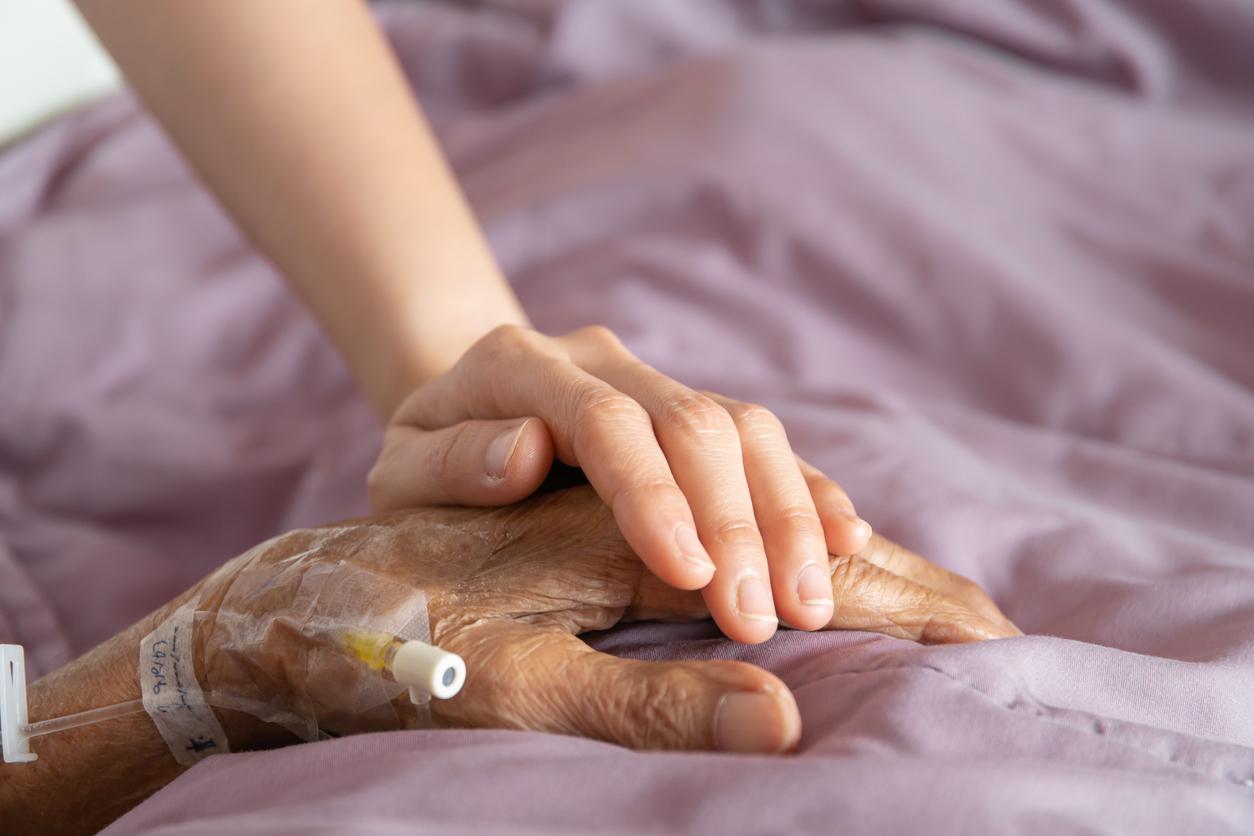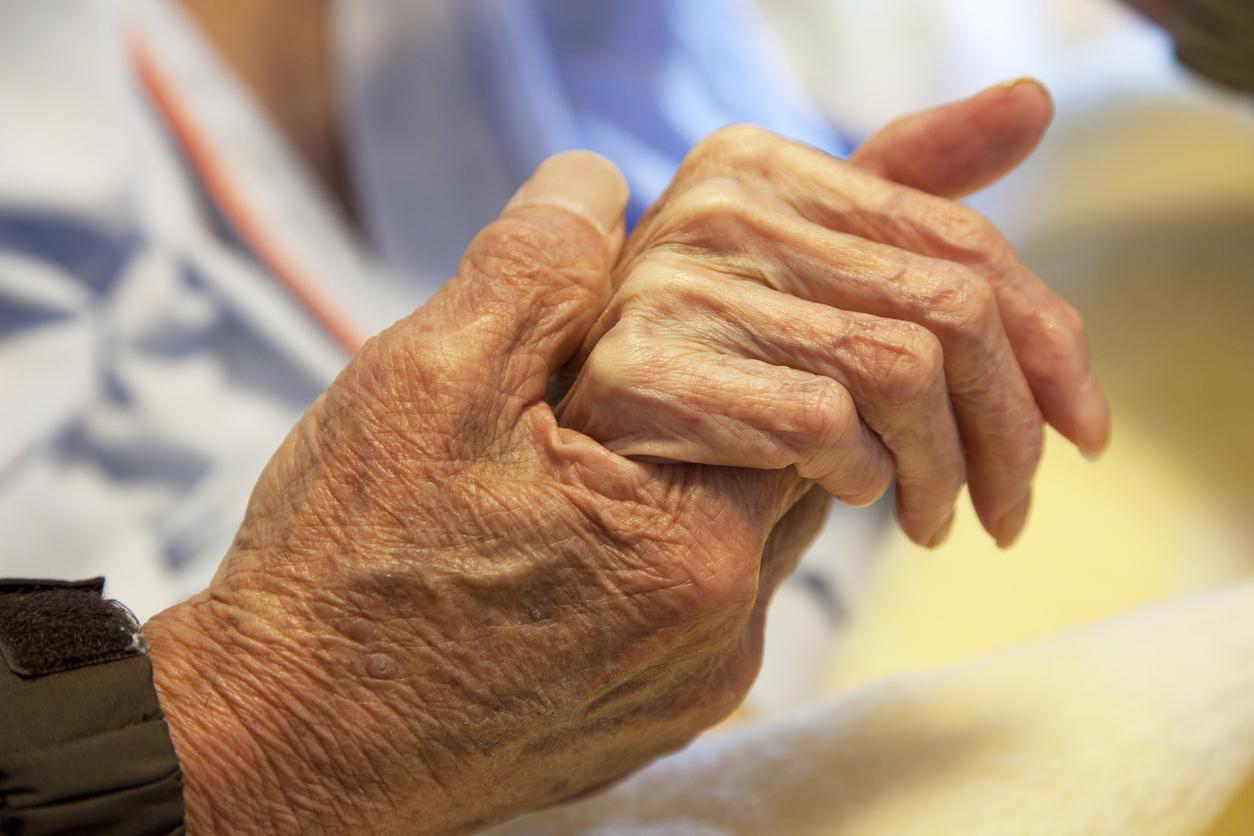The Head of State announced for April a draft law on the end of life which provides for “assisted dying” for patients “capable of full and complete discernment”, suffering from an “incurable illness” and suffering from “intractable” suffering, among other conditions.

- Emmanuel Macron announced that the bill opening “assisted dying” under “strict conditions” should be presented in April to the Council of Ministers, with a view to a first reading a month later in the National Assembly.
- Adult patients, “capable of full and complete discernment”, suffering from an “incurable illness” with a “short or medium term vital prognosis” and undergoing “refractory” suffering, i.e. unable to be relieved, may “ask to be able to be helped in order to die”, detailed the Head of State.
- In the event of a favorable collegial opinion from the medical team, a lethal substance will be prescribed to the person, which they can administer themselves, or with the help of a third party.
“With this text, we look death in the face.” In an interview with Release and to The crossEmmanuel Macron announced that the bill opening a “assisted dying” below “strict conditions” should be presented in April to the Council of Ministers, with a view to a first reading a month later in the National Assembly. What does the new text provide for at the end of life?
End of life: some patients may “ask to be able to be helped in order to die”
Adult patients, “capable of full and complete discernment”, suffering from a “Incurable disease” with a “vital prognosis committed in the short or medium term” and suffering “refractory”that is to say cannot be relieved, may “ask to be able to be helped in order to die”detailed the head of state.
Concretely, in the event of a favorable collegial opinion from the medical team, a lethal substance will be prescribed to the person, which they can administer themselves, or with the help of a third party if they “is not able to do this physically”. This third party may be “a voluntary person whom he or she appoints when no technical constraint prevents this”or “the doctor or nurse who accompanies him”. Administration can take place at home, in the nursing home or in a care establishment.
After the patient’s request, there will be “a minimum of two days of waiting to test the strength of the determination”, said the President of the Republic. “Then, the response must be received within a maximum of 15 days. In the event of a favorable response, the prescription is valid for three months, during which the patient can, of course, withdraw at any time.”
End of life: patients with neurodegenerative diseases excluded
Although this act could be similar to a form of assisted suicide, Emmanuel Macron assured that he wanted to avoid this term, or that of euthanasia, because the “consent” of the patient is essential and “the medical decision has its role to play”, “with precise criteria”. As a reminder, modify the Claeys-Leonetti law on the end of life passed in 2016 – which establishes a “deep and continuous sedation” until death for patients suffering from “serious and incurable condition” but without going as far as active euthanasia – was a campaign promise of the president.
“Finally, France is emerging from the hesitation of recent months,” reacted in a press release the Association for the Right to Die with Dignity (ADMD), which welcomes “a fairly precise timetable” and “a first step”. The organization regrets, however, that the text does not take into consideration anticipated requests, thus excluding minors and patients suffering from psychiatric or neurodegenerative illnesses which impair discernment, such as Alzheimer’s. Likewise, by requiring that the vital prognosis be engaged in the short or medium term, the bill “condemns patients suffering, for example, from Charcot’s disease, to experience the tragedies of the final stages of the disease’s evolution.”

















